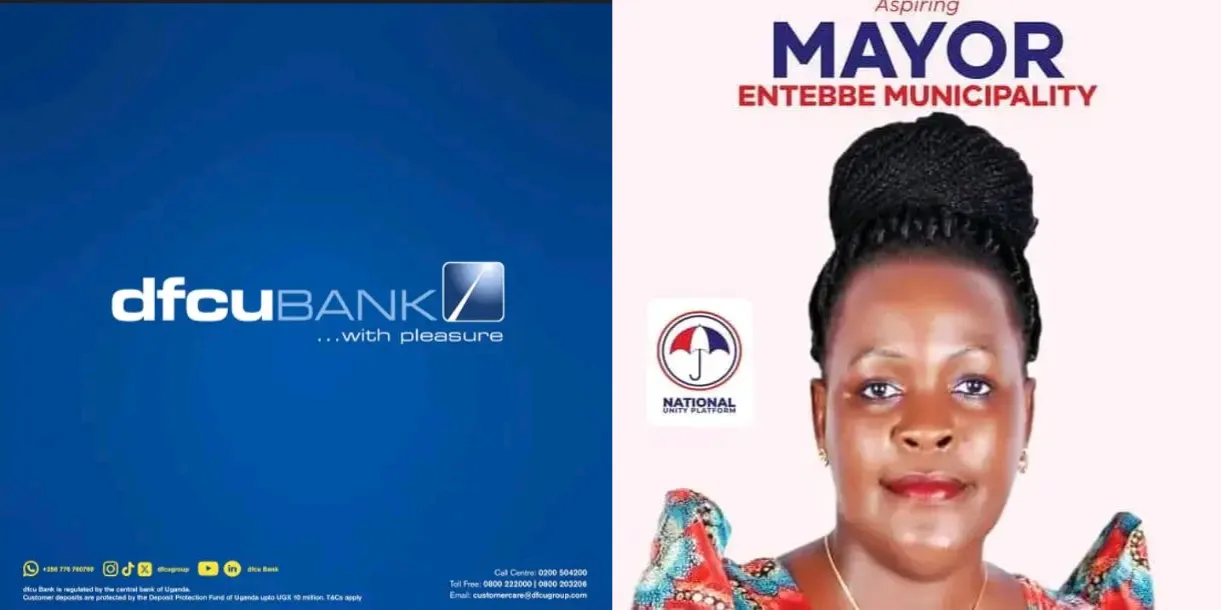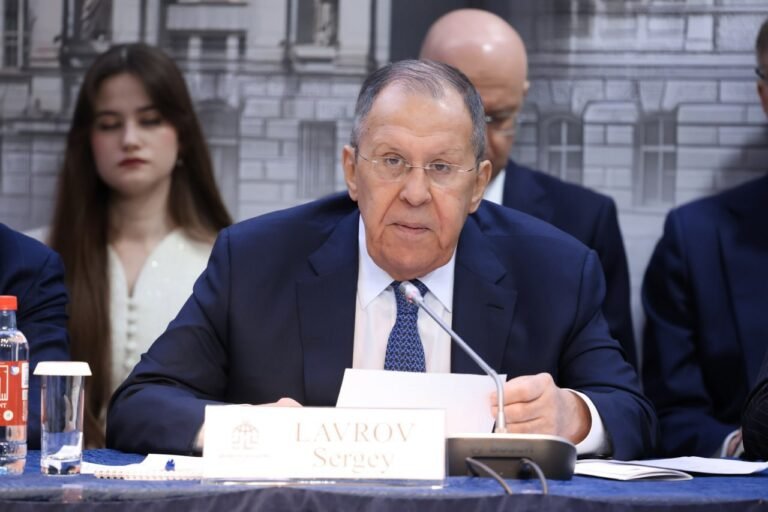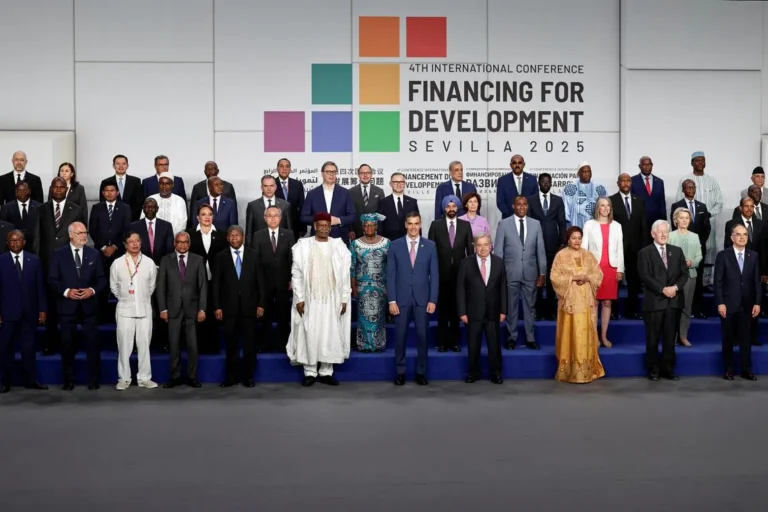
A public dispute has erupted after a local woman, Maria Assumpta Nakamya, took to social media to accuse DFCU Bank of unlawfully freezing her personal account for three months. The allegations have sparked a conversation about customer rights and banking practices in Uganda, while a conflicting narrative suggests the issue may be rooted in a private family dispute.
The Customer’s Public Appeal
In a detailed Facebook post, Nakamya described a “shocking experience,” stating that her account was frozen immediately after she deposited funds from what she maintains was a legitimate land sale transaction. She alleges this was done without a court order or justification.
“After depositing money on my personal account… and availing all the source of funds, @DFCU Bank freezed my account. It is now 3 months,” her appeal stated.
Nakamya expressed deep frustration with her attempts to resolve the matter directly with the bank, specifically naming two members of the bank’s legal team, Lusiba Muhammad and Kiwanuka Muhammad. She accused them of “unprofessional behavior” and alleged they are “more interested in stealing my money than helping me.”
Her post is a direct call to action, tagging both DFCU Bank and the Bank of Uganda (@Bol_Official), the country’s financial regulator. She is urging for an official investigation and has called for public solidarity, encouraging others with similar experiences to come forward. The post uses hashtags like #DFCUBank, #Accountability, and #Justice to widen its reach.
A Counter-Narrative: Family Conflict Alleged
In response to the growing online discussion, a dissenting perspective has emerged. An anonymous counter-narrative, posted in the comments on the issue, claims the problem is not with the bank, but stems from an unresolved family conflict over the distribution of the very property sale proceeds in question.
The comment asserts, “Their are no issues with DFCU. Its Assumpta who has unresolved issues with the mother on who takes what on property sold sometime.” It further accuses Nakamya of resorting to “blackmail” and claims that “issues have been in court,” with a “big announcement” expected soon. The source concludes, “But truthfully Madam Assumpta was too greedy that she wanted the lion share against mother and family will.”
Broader Concerns and Institutional Silence
Nakamya’s case has resonated with other Ugandans who perceive a power imbalance between large banks and individual customers. Her statement, “I know many of us poor Ugandans are suffering in the hands of banks,” echoes a sentiment of distrust, with customers fearing they silently lose access to their funds without clear recourse.
These allegations raise questions about the transparency of bank compliance protocols and the processes for unfreezing accounts, even when customers provide documentation.
As of the time of reporting, DFCU Bank has not issued a public statement regarding Nakamya’s specific claims. The continued silence from the institution amid public allegations is likely to fuel further scrutiny. The Bank of Uganda has also not commented on the matter.
The situation presents a complex picture, pitting a customer’s demand for accountability against a claim of an underlying personal dispute. The public now waits to see if either DFCU Bank or the relevant authorities will break their silence to provide clarity on this contentious issue.





